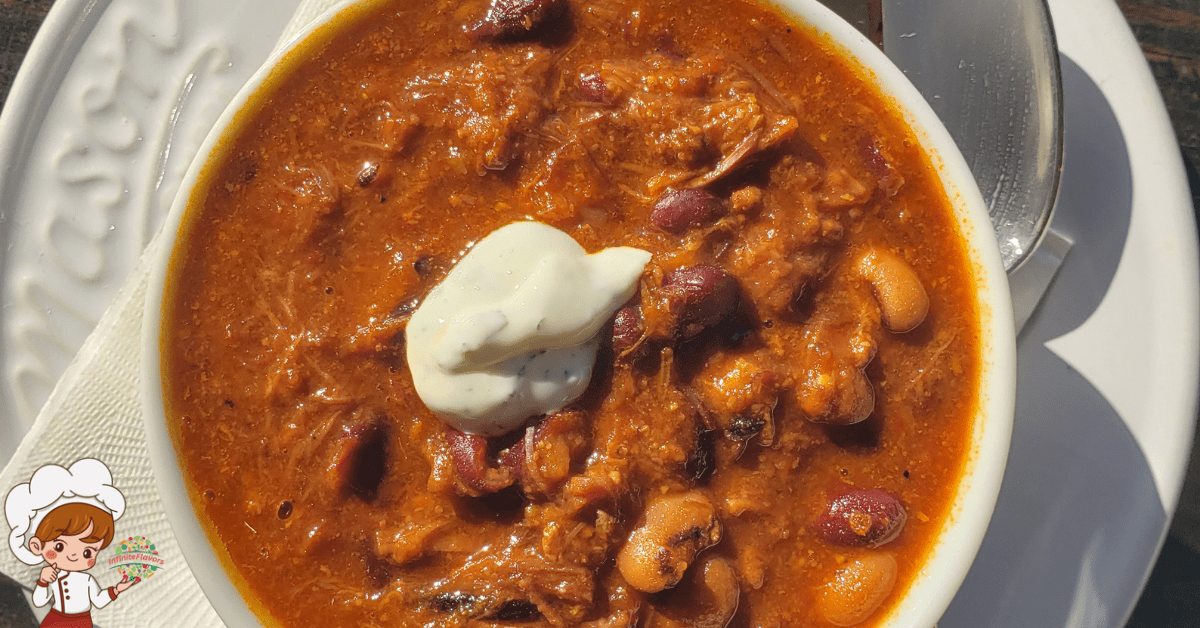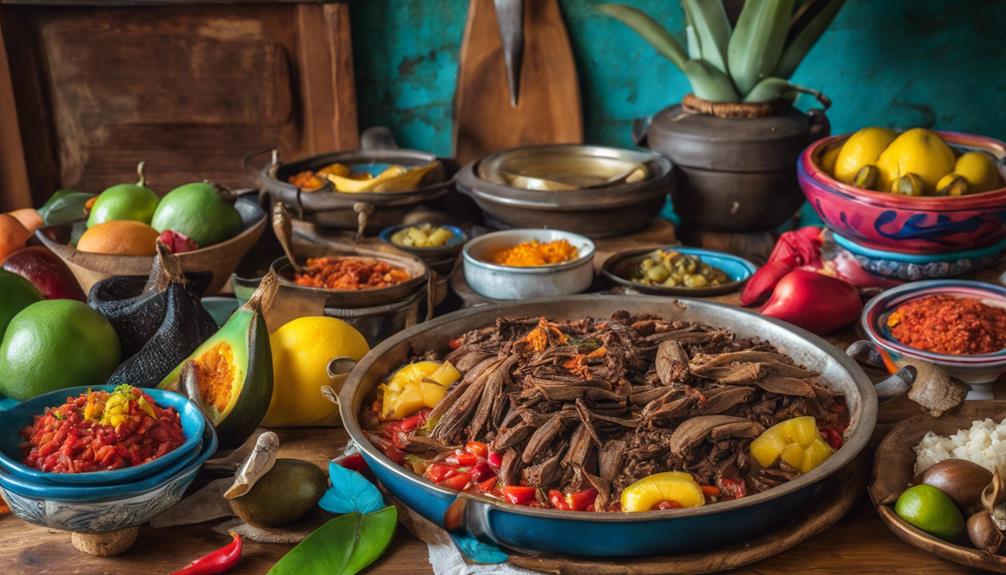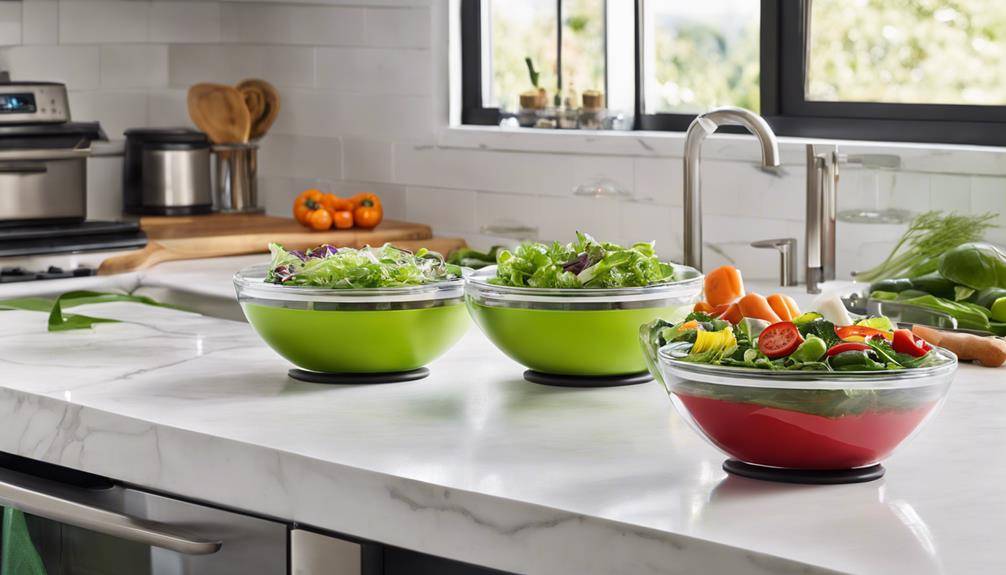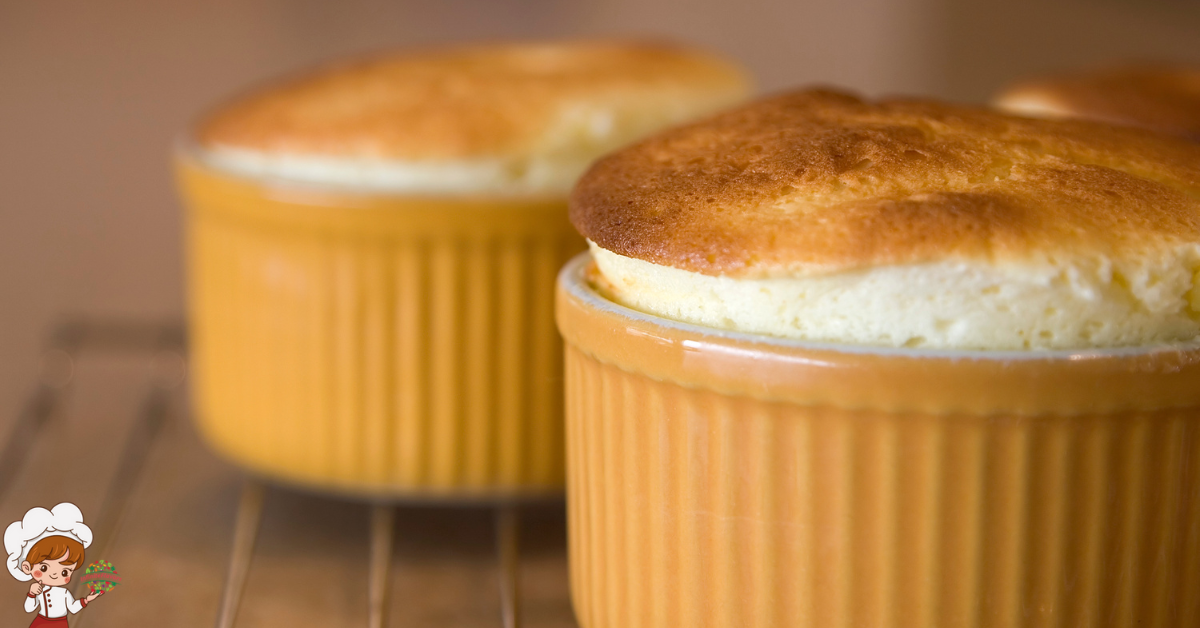The Best Charcoal Vs Gas Grilling Guide
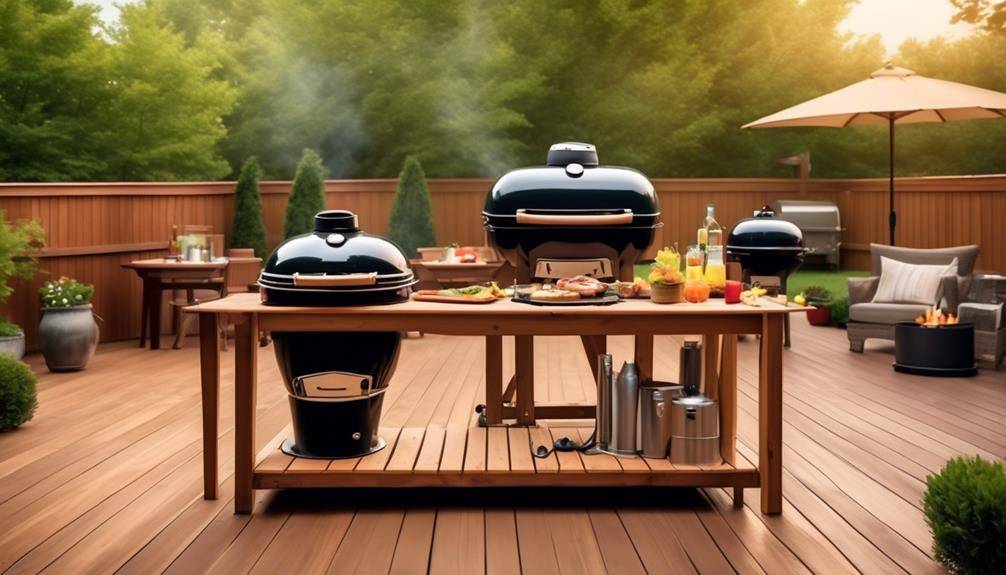
Charcoal Vs Gas; Are you tired of the same old grilled food? Looking for a way to elevate your grilling game? Well, look no further than this comprehensive guide comparing charcoal and gas grilling methods. Whether you’re a seasoned grill master or a novice looking to explore the world of outdoor cooking, this guide will provide you with all the information you need to make an informed decision. From flavor differences and cooking time to accessibility and environmental impact, we will delve into every aspect of charcoal and gas grilling. So, get ready to ignite your curiosity and discover the perfect grilling method for you.
Flavor Differences: Charcoal Vs Gas
When comparing the flavor differences between charcoal and gas grilling, it is important to understand the distinct characteristics that each method imparts on the food. One of the key factors that contribute to the flavor disparity is the smoke infusion. Charcoal grilling produces a significant amount of smoke, which adds a distinct smoky flavor to the food. The smoke is a result of the charcoal briquettes or lump charcoal burning and releasing organic compounds known as volatile organic compounds (VOCs). These VOCs infuse the food with a rich, smoky aroma and taste.
On the other hand, gas grilling does not generate as much smoke as charcoal grilling. Gas grills use propane or natural gas as a fuel source, which burns cleanly without producing a substantial amount of smoke. As a result, the flavor intensity of gas-grilled food is usually milder compared to charcoal-grilled food. While gas grilling may lack the robust smoky flavor, it offers the advantage of precise temperature control.
Gas grills are equipped with adjustable burners, allowing you to regulate the heat easily. This level of control is especially beneficial when cooking delicate foods that require precise temperature management. In summary, charcoal grilling provides a more pronounced smoky flavor due to the smoke infusion from burning charcoal, while gas grilling offers greater temperature control but with a milder flavor intensity.
Cooking Time and Temperature Control
To achieve optimal cooking results and precise temperature control, it is important to consider the cooking time and temperature control when grilling. Both charcoal and gas grilling offer different cooking techniques and speed control, which can significantly affect the outcome of your grilled dishes.
When it comes to cooking time, charcoal grills generally take longer to heat up compared to gas grills. Charcoal grilling requires you to start the fire and wait for the coals to reach the desired temperature before you can begin cooking. This process can take anywhere from 20 to 30 minutes. On the other hand, gas grills offer instant heat as they are equipped with burners that can be easily ignited. This means that you can start cooking almost immediately after turning on the gas.
Temperature control is another important aspect to consider when grilling. Gas grills provide more precise temperature control due to the adjustable knobs that allow you to regulate the flame intensity. This allows you to easily increase or decrease the heat as needed, giving you better control over the cooking process. Charcoal grills, on the other hand, require more manual adjustments to control the temperature. By moving the charcoal closer or further away from the food, you can regulate the heat to some extent. However, it may take some practice and experience to achieve consistent results.
Versatility of Grilling Methods
Now let’s explore the versatility of grilling methods. One of the key differences between charcoal and gas grilling is the flavor it imparts to the food. Charcoal grills provide a smoky and robust flavor, while gas grills offer a cleaner and more subtle taste. Additionally, each method allows for different cooking techniques, such as direct grilling for searing and indirect grilling for slower, more controlled cooking. Understanding these distinctions will help you choose the grilling method that best suits your culinary preferences and desired cooking techniques.
Flavor Differences
The flavor differences between charcoal and gas grilling methods can greatly impact the versatility of your grilling experience. Charcoal grilling provides a distinct smoky flavor that is highly sought after by many grill enthusiasts. The use of charcoal briquettes or lump charcoal produces a strong and rich flavor that can enhance the taste of meats, vegetables, and even fruits. Gas grilling, on the other hand, offers a more controlled cooking environment with less smoke.
While gas grills may not provide the same level of smokiness as charcoal grills, they still offer a great way to cook food with precision and convenience. Ultimately, the choice between charcoal and gas grilling methods depends on your taste preferences and the specific dishes you want to cook.
Cooking Techniques
Grilling techniques vary significantly between charcoal and gas grilling methods, offering distinct advantages and versatility for cooking a wide range of foods. Charcoal grilling, known for its smoky flavor infusion, allows for more control over indirect heat cooking. By positioning the coals on one side of the grill, you can create a two-zone cooking setup. This method is perfect for slow cooking large cuts of meat or delicate foods that require gentle heat. On the other hand, gas grilling excels in providing convenience and precision.
With adjustable knobs, you can easily regulate the temperature to achieve consistent results. Gas grills also excel at searing, thanks to their high heat output. Searing not only creates beautiful sear marks on your steaks but also locks in juices for a perfectly juicy and flavorful result. Whether you prefer the smoky flavor of charcoal or the convenience of gas, both grilling methods offer unique cooking techniques to elevate your outdoor cooking experience.
Accessibility and Convenience
When it comes to accessibility and convenience, there are several key points to consider in the debate between charcoal and gas grilling. Firstly, ease of use is a major factor. Gas grills are typically easier to start and control, requiring minimal effort and expertise. Secondly, the speed of cooking is often faster with gas grills, as they heat up quickly and maintain a consistent temperature. Lastly, cleaning and maintenance is generally simpler with gas grills, as they do not produce ash or require the disposal of charcoal briquettes.
Ease of Use
To ensure maximum accessibility and convenience while grilling, it is advantageous to consider the ease of use provided by charcoal and gas grilling methods. When it comes to grilling techniques, gas grills offer a user-friendly experience. They are easy to start, requiring just the push of a button or turn of a knob.
With precise temperature control, you can easily adjust the heat according to your preferences. Gas grills also provide consistent heat, ensuring even cooking throughout your food. On the other hand, charcoal grills require more effort to operate. You need to light the charcoal, wait for it to heat up, and carefully manage the airflow to control the cooking temperature. While charcoal grills may offer a traditional smoky flavor, the user experience can be more challenging and time-consuming.
Speed of Cooking
Gas grills offer a quick and convenient cooking experience, allowing you to prepare your food efficiently without the need for extensive preparation or waiting times. With gas grills, fast cooking is achievable due to their ability to produce high heat quickly. Gas grills typically have multiple burners, allowing you to control the heat distribution and intensity across the cooking surface. This heat control feature enables you to cook different types of food simultaneously, saving you time and effort.
Additionally, gas grills have instant ignition systems, eliminating the need for preheating or waiting for the coals to reach the desired temperature. This means that you can start grilling right away, providing a hassle-free and time-saving cooking experience. So, if you’re looking for a grilling method that offers fast cooking and heat control, gas grills are the way to go.
Cleaning and Maintenance
After enjoying a fast and efficient cooking experience with gas grills, it’s important to consider the accessibility and convenience of cleaning and maintenance. When it comes to cleaning a gas grill, a grill brush is an essential tool. It allows you to easily remove residue and food particles from the grates, ensuring a clean cooking surface for your next grilling session.
Additionally, using a grill cover can help protect your gas grill from the elements, preventing rust and other damage. This cover should be made of durable and weather-resistant materials to ensure long-lasting protection. When it’s time to clean the grill, simply remove the cover, use the grill brush to clean the grates, and wipe down the exterior with a damp cloth. With these simple steps, maintaining your gas grill becomes a breeze.
Cost Comparison: Charcoal Vs Gas
When considering the cost of grilling, it is important to compare the expenses associated with charcoal and gas grilling. While both methods have their own advantages and drawbacks, it’s crucial to understand the financial implications before making a decision.
In terms of cost comparison, charcoal grilling tends to be more affordable upfront. A basic charcoal grill can be purchased for as little as $20, whereas a gas grill can range anywhere from $100 to several thousand dollars. However, it’s important to note that charcoal grills require ongoing expenses for fuel. Charcoal briquettes typically cost around $0.50 to $1 per pound, and depending on the frequency of use, a grill master can easily go through several bags in a single grilling season.
On the other hand, gas grilling may involve a higher initial investment, but it can be more cost-effective in the long run. Propane or natural gas is generally less expensive than charcoal, with prices ranging from $2 to $3 per gallon. A typical 20-pound propane tank can provide around 18 to 20 hours of grilling time, equivalent to approximately 15 to 20 grilling sessions. This means that a propane tank can last for several months or even an entire grilling season, depending on usage.
Additionally, gas grills are often more efficient than charcoal grills, as they allow for precise temperature control and quicker heat-up times. This can result in less wasted fuel and overall lower expenses over time.
It’s worth mentioning the environmental impact as well. Charcoal grilling produces more carbon emissions, contributing to air pollution and climate change. Gas grilling, on the other hand, burns cleaner and generates fewer greenhouse gases.
Environmental Impact: Charcoal Vs Gas
To fully understand the overall impact of grilling on the environment, it is important to analyze the environmental effects of both charcoal and gas grilling methods. When it comes to carbon emissions, gas grilling has a clear advantage over charcoal grilling. Gas grills produce significantly fewer carbon emissions compared to charcoal grills. This is because gas grills burn cleaner and more efficiently, resulting in lower greenhouse gas emissions. On the other hand, charcoal grilling releases a substantial amount of carbon dioxide, carbon monoxide, and volatile organic compounds into the atmosphere.
In terms of health effects, gas grilling also comes out on top. Charcoal grilling produces more smoke and releases harmful chemicals such as polycyclic aromatic hydrocarbons (PAHs) and heterocyclic amines (HCAs). These compounds are known to be carcinogenic and can pose serious health risks when inhaled or consumed. Gas grilling, on the other hand, produces less smoke and fewer harmful chemicals, reducing the potential health hazards associated with grilling.
Additionally, gas grills offer better control over temperature and cooking time, resulting in less food waste and more efficient energy consumption. Charcoal grills, on the other hand, require more time to heat up and maintain a consistent temperature, leading to potential overcooking or undercooking of food.
Maintenance and Cleanup
Maintenance and cleanup for both charcoal and gas grills is an important aspect of ensuring their longevity and optimal performance. Proper maintenance not only keeps your grill in good condition, but it also ensures that your food is cooked safely and deliciously. When it comes to cleaning your grill, there are a few key steps to follow.
Firstly, let’s talk about grill brush options. A grill brush is an essential tool for removing food residue and grease from the grates. For charcoal grills, a sturdy wire brush with bristles is recommended. This type of brush is effective in removing the charred bits and debris that accumulate on the grates. When selecting a brush, make sure it has a long handle to keep your hands safe from the heat.
When it comes to gas grills, there are a few more considerations. It is important to clean not only the grates but also the burner tubes and heat plates. Use a grill brush with a scraper to remove any built-up grease or debris. Additionally, check the burner tubes for any blockages and clean them using a pipe cleaner or a small brush.
Another important aspect of maintenance is avoiding flare-ups. Flare-ups occur when fat or oil drips onto the flames, causing sudden bursts of high heat. To prevent this, regularly clean the grease trap or drip tray. This will help prevent the accumulation of grease and reduce the risk of flare-ups.
Expert Tips for Perfect Grilling Results
Now that you’ve taken the necessary steps to maintain and clean your grill, let’s explore some expert tips that will help you achieve perfect grilling results. Whether you prefer charcoal or gas grilling, these grilling hacks and marinade secrets will take your BBQ game to the next level.
Firstly, to ensure even cooking and prevent sticking, preheat your grill before placing any food on it. This will help to create those beautiful grill marks and enhance the flavors of your food. Additionally, make sure to oil the grates before grilling to further prevent sticking.
Another grilling hack is to use a two-zone fire setup. This means creating a hot zone with direct heat for searing and a cooler zone with indirect heat for slower cooking. This technique is especially useful when grilling larger cuts of meat or delicate foods that require gentle heat.
Marinades can add incredible flavor to your grilled dishes, and here’s a secret tip – use acidic ingredients like citrus juice or vinegar to help tenderize the meat. The acid breaks down the muscle fibers, resulting in a more tender and juicy outcome. Remember to marinate the meat for at least 30 minutes, but not more than 24 hours, to avoid over-marinating and compromising the texture.
To prevent flare-ups, keep a spray bottle filled with water nearby. If you see flames getting too high, simply spritz the flames with water to tame them. This will prevent your food from getting burnt and ensure even cooking.
Lastly, always use a meat thermometer to check the internal temperature of your food. This is the most accurate way to determine if your meat is cooked to perfection. Different meats have different ideal temperatures, so refer to a grilling guide for the appropriate temperature ranges.
Frequently Asked Questions
Can I Achieve the Same Smoky Flavor With Gas Grilling as I Can With Charcoal Grilling?
You can achieve a similar smoky flavor with gas grilling as with charcoal grilling. By using techniques like adding wood chips or using a smoker box, you can infuse your food with that distinctive smoky taste.
Are There Any Health Risks Associated With Using Charcoal for Grilling?
There are potential health risks associated with using charcoal for grilling, such as the production of harmful smoke and toxins. Additionally, the environmental impact of charcoal grilling includes deforestation and increased carbon emissions.
Can I Use Wood Chips or Chunks With a Gas Grill to Enhance the Flavor?
Yes, you can use wood chips or chunks with a gas grill to enhance the flavor. Adding wood chips or chunks can infuse your food with a smoky taste, similar to charcoal grilling.
Does Gas Grilling Require Less Time to Preheat Compared to Charcoal Grilling?
Gas grilling requires less time to preheat compared to charcoal grilling. This is one of the advantages of using gas. It allows you to start cooking faster, saving you time and making your grilling experience more efficient.
Can I Use a Gas Grill for Indirect Cooking, Like Smoking or Slow Cooking, Similar to a Charcoal Grill?
Yes, you can use a gas grill for indirect cooking, like smoking or slow cooking. While charcoal grills have their advantages, gas grills offer benefits such as temperature control and convenience.
Conclusion
In conclusion, when it comes to choosing between charcoal and gas grilling, there are several factors to consider. Both methods offer unique flavor profiles and temperature control options. Charcoal grilling may require more time and effort in terms of maintenance and cleanup, but it provides a more authentic grilling experience. Gas grilling, on the other hand, offers convenience and accessibility. Ultimately, the choice depends on personal preferences and priorities. Consider these factors when deciding which grilling method is best for you.



